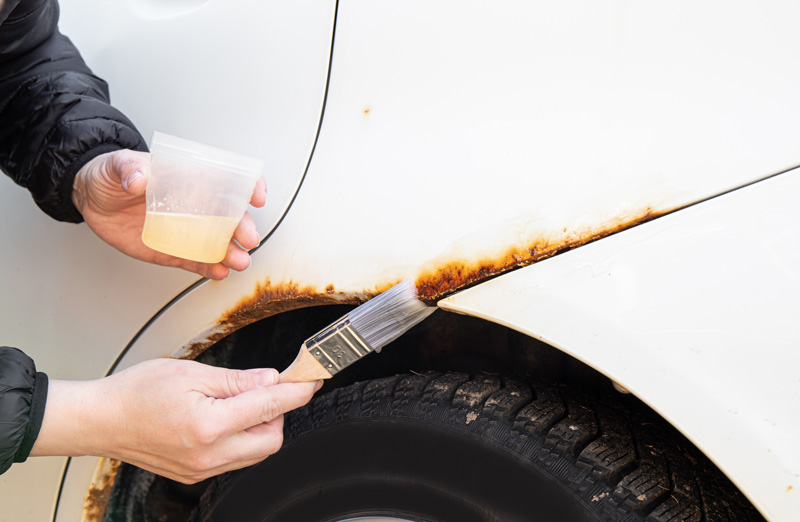Rust is the nemesis of any car owner, especially in humid areas where moisture is abundant. Humidity accelerates the rusting process, causing significant damage to a vehicle’s body and vital components if not addressed timely.
Rust not only diminishes the aesthetic appeal of your car but also compromises its structural integrity, leading to costly repairs and reduced resale value. Protecting your car against rust involves a combination of preventive measures and regular maintenance.
Understanding how rust forms and spreads, and taking proactive steps to prevent it, can save you time, money, and headache in the long run. This guide will explore effective strategies to protect your car from rust in humid environments, including regular cleaning, applying protective coatings, ensuring proper drainage, and more.
By implementing these tips, you can keep your car looking new and running smoothly, even in the most challenging climates.
1. Regular Cleaning and Washing
One of the most effective ways to protect your car against rust in humid areas is to clean and wash it regularly. Dirt, grime, and salt can accumulate on your vehicle’s surface, trapping moisture and accelerating the rusting process. Washing your car frequently helps remove these contaminants, reducing the risk of rust formation.
Pay special attention to the undercarriage, wheel wells, and other areas prone to rust. Use a high-quality car wash soap and a soft sponge to avoid scratching the paint. After washing, thoroughly dry your car to remove any remaining moisture.
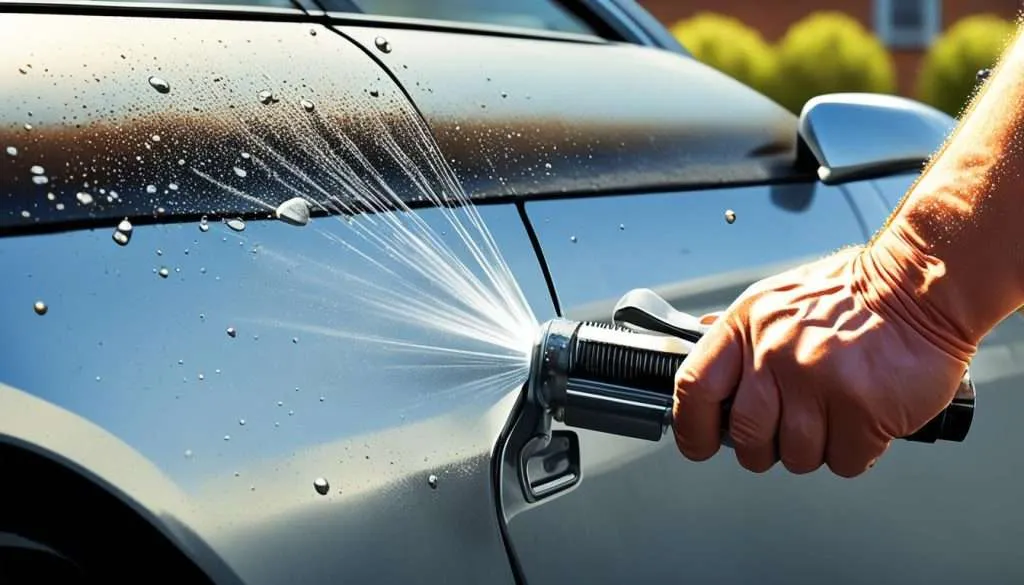
Regular cleaning not only keeps your car looking great but also helps prevent rust from taking hold. Additionally, consider waxing your car every few months. Waxing creates a protective barrier that repels water and shields the paint from environmental factors.
Ensure that you apply wax in a circular motion and buff it off with a microfiber cloth for the best results. By incorporating regular cleaning and waxing into your car maintenance routine, you can significantly reduce the risk of rust.
2. Applying Protective Coatings
Applying protective coatings is another crucial step in preventing rust on your car. Waxing your car regularly creates a protective barrier that repels water and prevents moisture from reaching the metal surface.
Use a high-quality automotive wax and apply it according to the manufacturer’s instructions. Additionally, consider using a rust-proofing spray or undercoating to protect the undercarriage and other vulnerable areas.
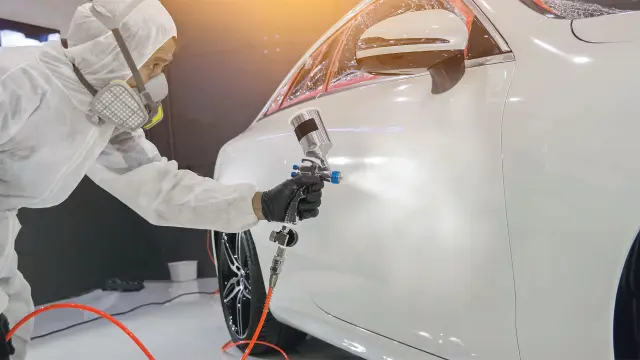
These products create a durable layer that shields the metal from moisture, salt, and other corrosive elements. By investing in protective coatings, you can significantly extend the lifespan of your car and keep it rust-free. Moreover, ceramic coatings are another option to consider.
These coatings provide a hard, protective layer that is highly resistant to water, chemicals, and UV rays. Applying ceramic coating can be more expensive initially, but it offers long-lasting protection and can enhance the car’s appearance. Regular maintenance of these coatings is essential to ensure their effectiveness in preventing rust.
3. Ensuring Proper Drainage
Proper drainage is essential in preventing rust, especially in humid areas. Moisture can accumulate in various parts of your car, such as door panels, trunk lids, and sunroof drains, leading to rust formation. Regularly check and clear any clogged drainage holes to ensure water flows out freely.
Inspect weather seals around doors, windows, and the trunk to ensure they are intact and functioning correctly. Replace any damaged or worn seals promptly to prevent water from seeping into the interior. Ensuring proper drainage and addressing any leaks immediately helps keep your car dry and rust-free.
Additionally, during car washes, make sure to target areas where water might pool. Use compressed air or a soft cloth to remove excess water from crevices and joints. Regularly applying rubber seal conditioner to weather strips can keep them flexible and effective in sealing out moisture.
By maintaining proper drainage and addressing potential water entry points, you can significantly reduce the risk of rust developing in your vehicle.
4. Using Rust Inhibitors
Rust inhibitors are chemical compounds designed to prevent rust from forming on metal surfaces. Applying rust inhibitors to your car can provide an additional layer of protection against rust, especially in humid environments.
These products can be sprayed onto the undercarriage, suspension components, and other areas prone to rust. Follow the manufacturer’s instructions for application and reapply as needed. Some rust inhibitors also come in the form of waxes or sealants that can be applied to the car’s exterior.
Using rust inhibitors regularly helps create a protective barrier, preventing moisture from causing rust. For best results, consider professional rust-proofing services, which often use specialized equipment to ensure even and thorough application.
In addition to liquid rust inhibitors, electronic rust protection systems are available. These systems use a small electric current to prevent rust and corrosion on your vehicle’s metal surfaces.
While their effectiveness can vary, they may provide additional protection when used in conjunction with other preventive measures. Regularly reapplying rust inhibitors and combining various methods can effectively safeguard your car against rust.
5. Regular Inspections and Maintenance
Regular inspections and maintenance are crucial in keeping your car rust-free. Periodically inspect your vehicle for any signs of rust, such as bubbling paint, discoloration, or flaking.
Pay close attention to areas where water can accumulate, such as the wheel wells, undercarriage, and door sills. If you detect any rust, address it immediately by cleaning the affected area and applying a rust converter or primer.
Additionally, maintain your car’s paintwork by fixing any chips or scratches promptly to prevent rust from forming. Regular maintenance not only protects your car from rust but also ensures it remains in good condition. During inspections, don’t forget to check the underside of the car and hidden areas.
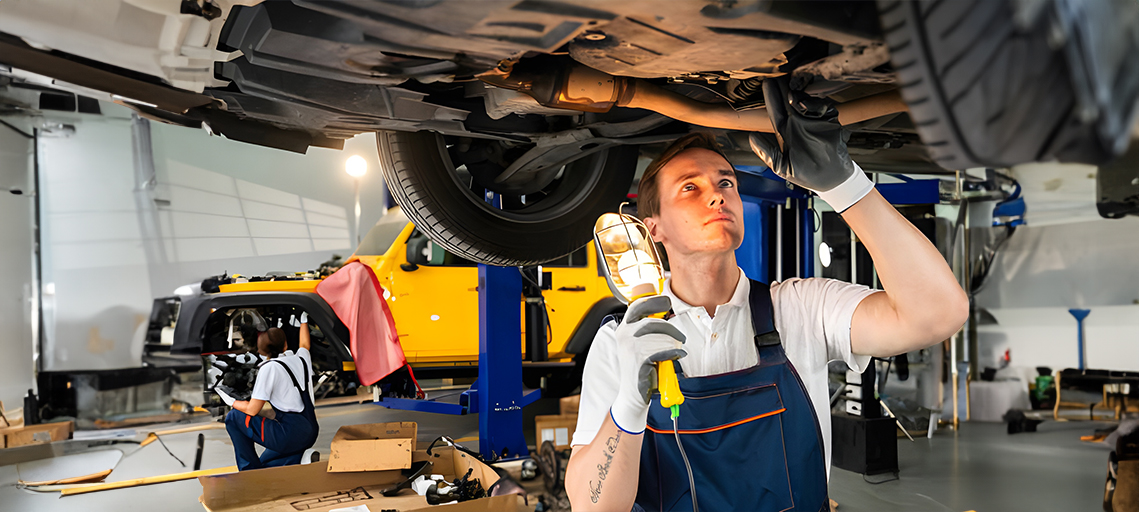
Use a flashlight and mirror to examine hard to reach spots. Keeping a detailed maintenance log can help you track any rust-prone areas and follow up with necessary treatments.
Furthermore, consider scheduling professional inspections annually, especially if you live in a highly humid area. Professionals can identify and address issues that might be missed during regular checks, providing comprehensive protection against rust.
6. Storing Your Car Properly
Proper storage is essential in preventing rust, especially if you live in a humid area. Whenever possible, park your car in a garage or a covered area to protect it from moisture and the elements.
If a garage is not available, consider using a car cover made of breathable material to shield your car from rain and humidity while allowing moisture to escape. Avoid using plastic or non-breathable covers, as they can trap moisture and promote rust.
Additionally, if you plan to store your car for an extended period, take extra precautions such as cleaning it thoroughly, applying a protective wax, and using a rust inhibitor. For long-term storage, consider using a dehumidifier in the storage area to reduce moisture levels.
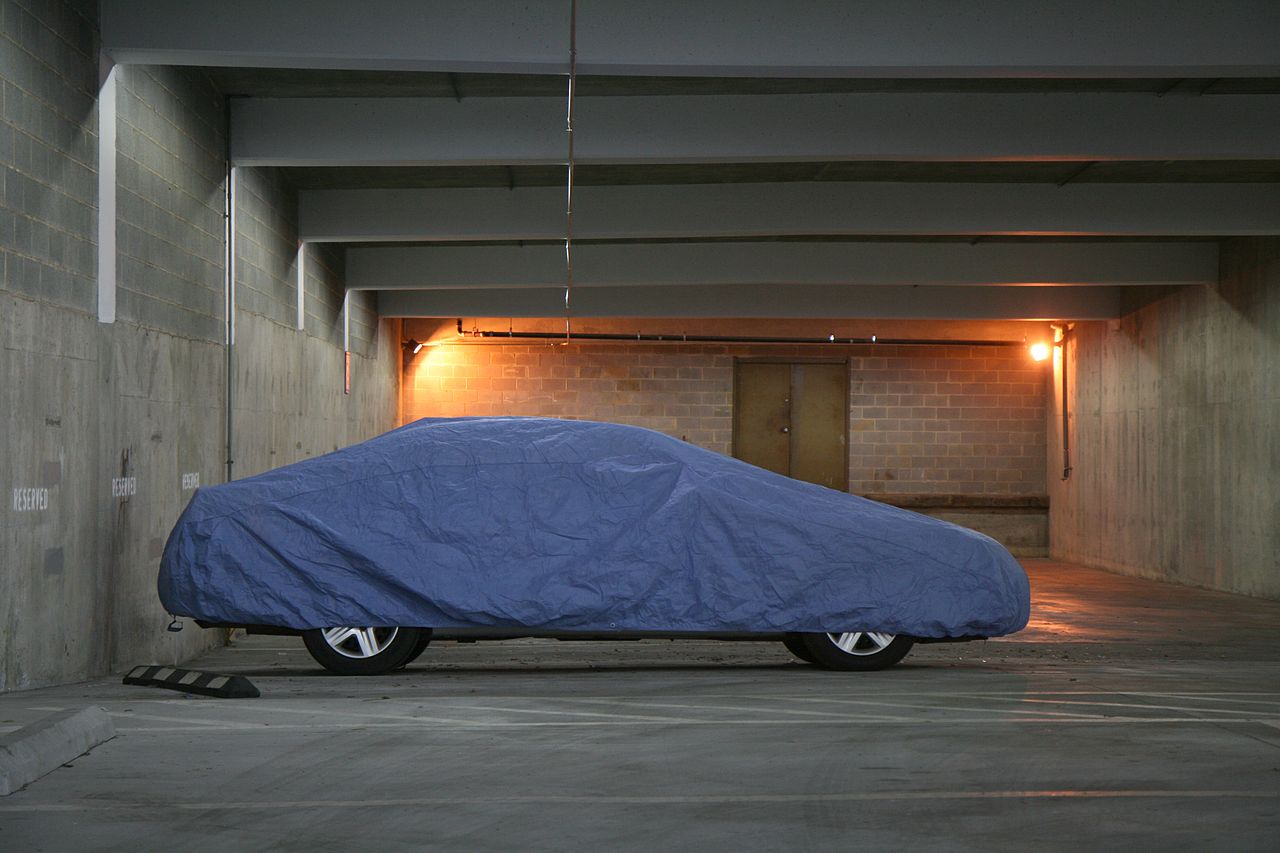
Raising the car slightly with jack stands can help prevent moisture from accumulating underneath. Regularly starting the car and moving it slightly can also prevent brake components from seizing and ensure the lubricants remain effective. By taking these storage precautions, you can protect your car from the damaging effects of rust and ensure it stays in optimal condition.
By following these steps, you can effectively protect your car against rust in humid areas, ensuring it remains in excellent condition for years to come.
Regular cleaning, applying protective coatings, ensuring proper drainage, using rust inhibitors, performing regular inspections and maintenance, and storing your car properly are all essential measures to keep your car rust-free. Taking these proactive steps will help you maintain the value and longevity of your vehicle, even in challenging climates.

